Supreme Court Justice Ketanji Brown Jackson has been very vocal about her disappointment in how the Court recently handled Idaho’s transgender youth health care ban. She reportedly warned that her conservative colleagues did not show “reason and restraint” by allowing the ban to be enforced.
Conservatives Of Supreme Court Allowed Idaho To Ban Gender-Affirming Health Care
The conservative majority of the Supreme Court reportedly granted the request of Idaho officials to proceed with the enforcement of a ban on gender-affirming health care options for transgender youth. The ban was previously blocked temporarily by a lower court.

Ketanji Brown Jackson was not alone in her objection of the decision. She was also supported by the other liberal Supreme Court justices – Elena Kagan and Sonia Sotomayor.
Transgender Plaintiffs Of Lawsuit Will Not Be Impacted By The Ban
The two teenage transgender girls that served as plaintiffs for the lawsuit filed by their families will not be impacted by this decision. According to Supreme Court Justice Neil Gorsuch, “the plaintiffs face no harm from the partial stay.”
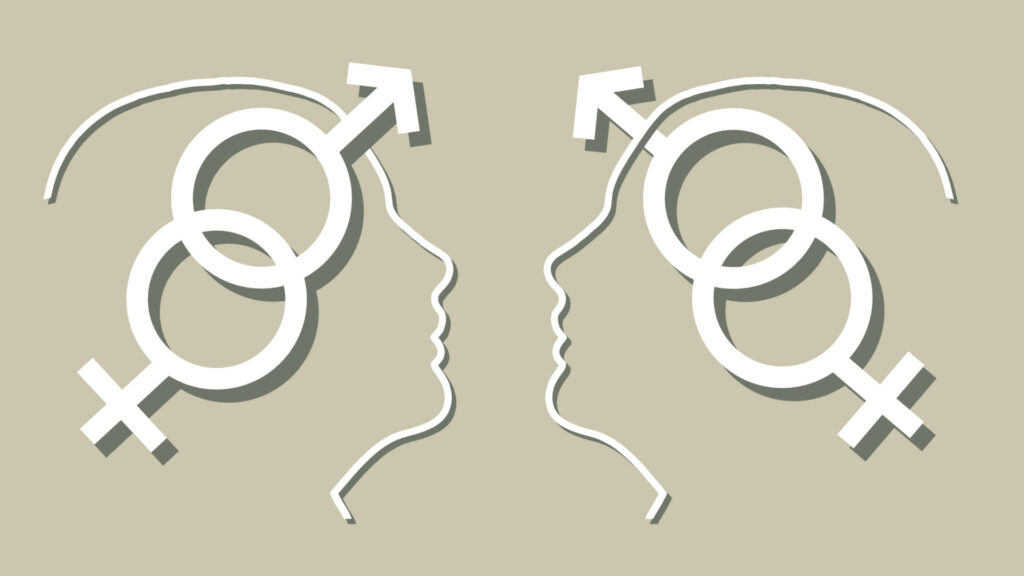
Gorsuch further argued that blocking the ban could have prevented “Idaho from executing any aspect of its law for years.” The two teenage transgender plaintiffs were referred to in court filings by the pseudonyms Jane Doe and Pam Poe.
Jackson: Supreme Court Does ‘Not Have To Address Every High-Profile Case’ In Lower Courts
Jackson wrote that “we do not have to address every high-profile case percolating in lower courts.” According to Ketanji, “there are usually many good reasons not to do so.”
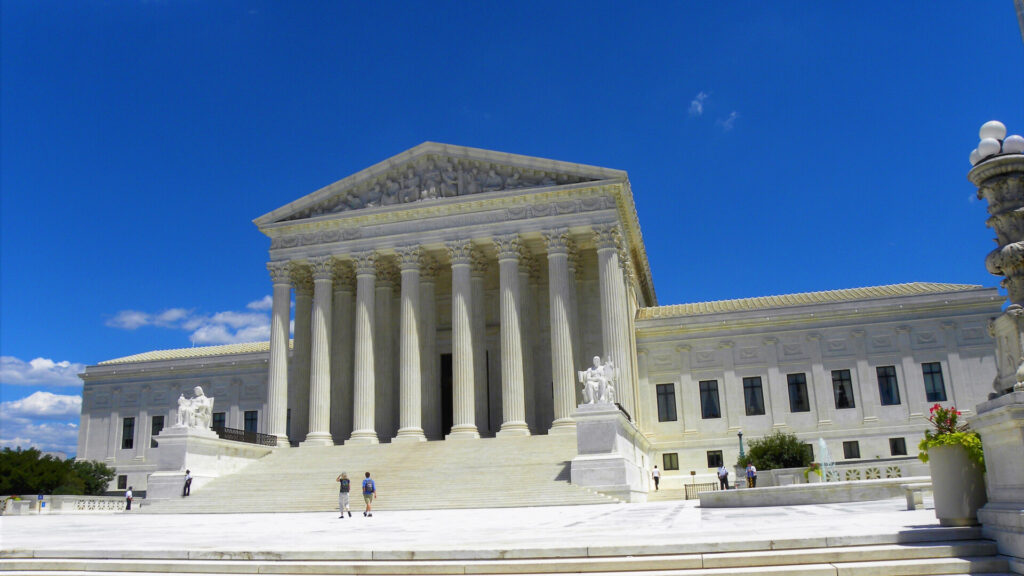
She further explained that “few applicants can meet our threshold requirement of ‘an exception need for immediate relief.’ Ketanji Brown Jackson also stressed the importance of being able to show “that they will suffer not just substantial harm but an ‘irreversible injury.'”
Transgender Activist Describes Supreme Court As ‘Incredibly Devastating’
Transgender journalist and activist Erin Reed wrote on X/Twitter that the Supreme Court made an “incredibly devastating ruling” regarding transgender people. Reed further expressed that the Court “allowed Idaho’s gender affirming care ban to go back into effect for everyone but the plaintiffs.”
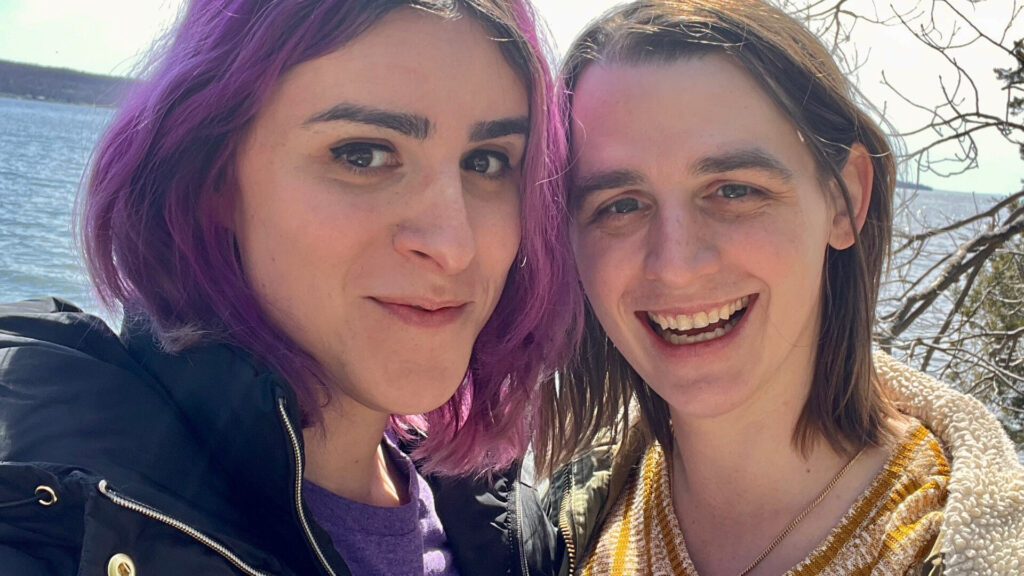
Reed added that there would be “no sugar coating” for this situation. She concluded her post by stating that “it’s devastating for trans youth nationwide.”
Idaho Attorney General Named In Lawsuit Celebrated Supreme Court Decision
Idaho Attorney General Raul Labrador, who was initially named in the lawsuit filed by the families of the two transgender teenagers, celebrated the Supreme Court’s decision. Labrador posted his reaction online via X/Twitter.
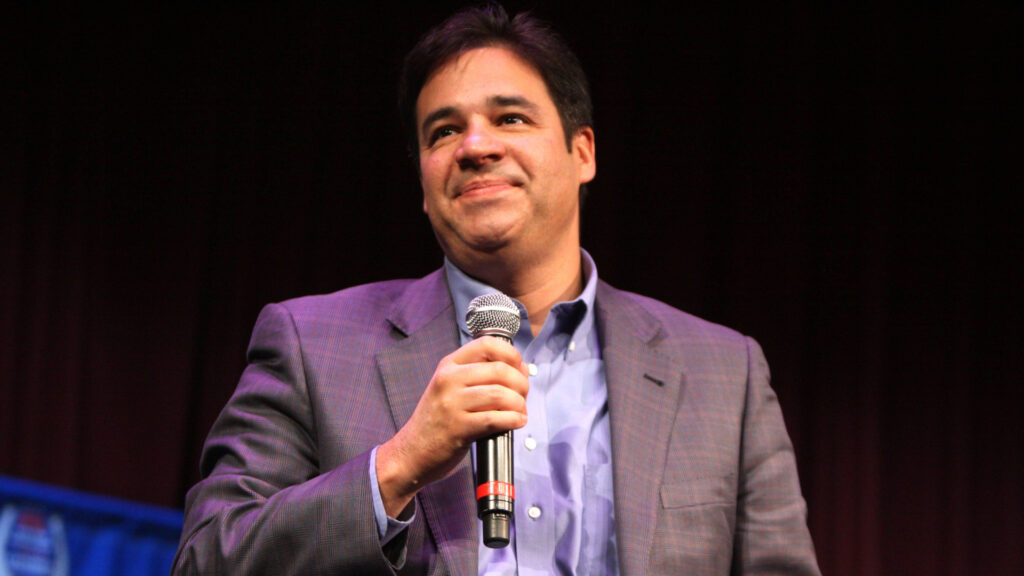
He wrote that he was “proud to defend Idaho’s law that ensures children are not subjected to these dangerous drugs and procedures.” Ada County Prosecutor Jan Bennett was also named in the lawsuit along with Labrador.
Justice Sotomayor Criticized Supreme Court’s Past Ruling Regarding LGTBQ Community
This is not the first time that Justice Sonia Sotomayor criticized a ruling from the Supreme Court that affected the LGBTQ community. The Supreme Court ruled in favor of a Christian web designer in June 2023.
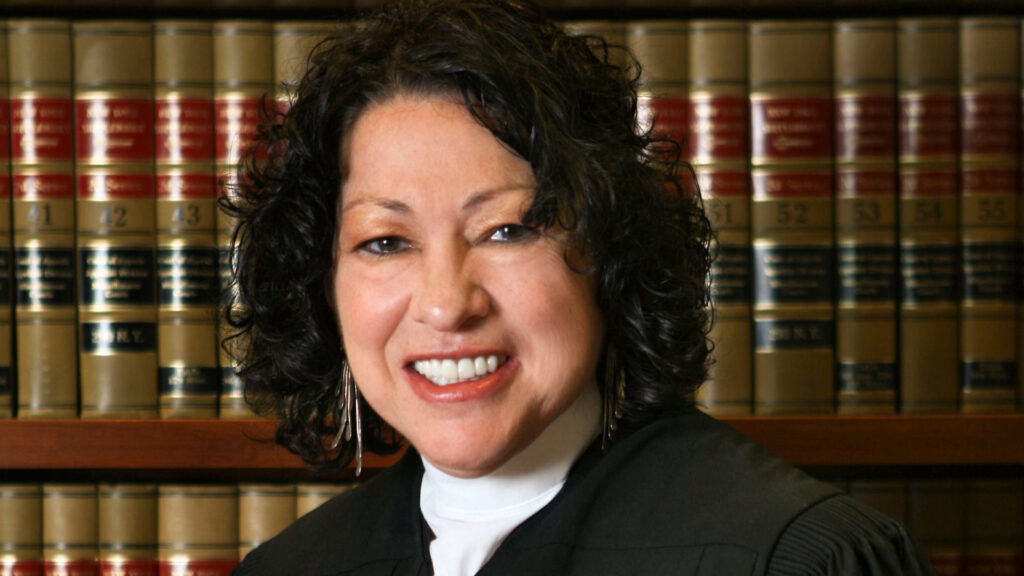
The web designer refused to work on weddings of same-sex couples. Sotomayor stated that the decision for the Supreme Court to support the web designer was “profoundly wrong” and condemned the LGBTQ community to a “second-class status.”
Sotomayor: ‘Immediate, Symbolic Effect Of The Decision’ Marks LGBT As ‘Second-Class’
According to Sotomayor, the controversial Supreme Court decision and its “immediate, symbolic effect” had a lasting impact on the LGBT community. She believed that it marked “gays and lesbians for second-class status.”
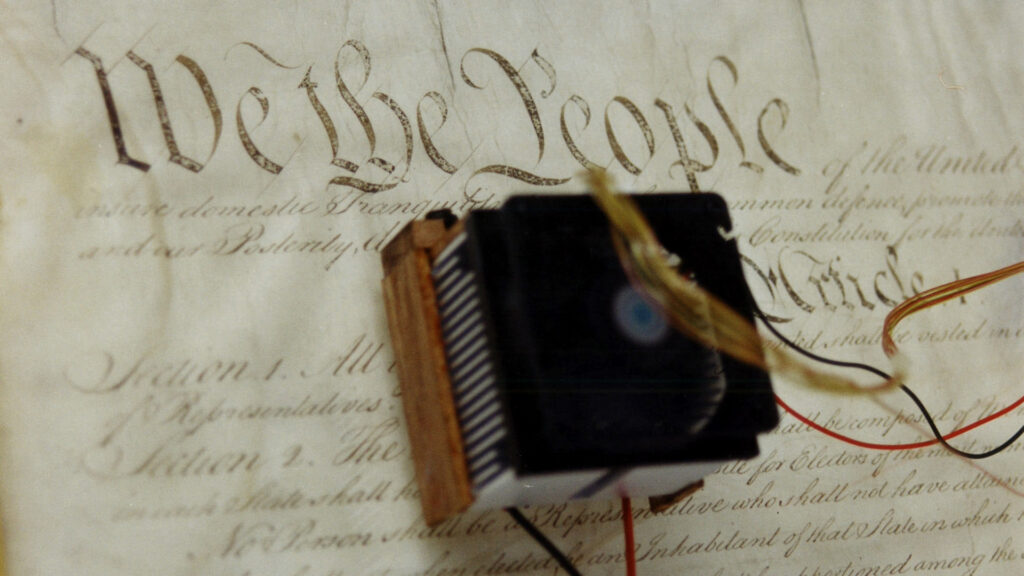
Sotomayor made history when she became the first Latina member of the Supreme Court. She was also just the third woman selected to serve.
Sotomayor: ‘The Act Of Discrimination Has Never Constituted Protected Expression’
Sotomayor wrote in her 38-page dissent about the First Amendment and how those rights did not necessarily apply to the Court’s decision. She wrote that “the act of discrimination has never constituted protected expression under the First Amendment.”
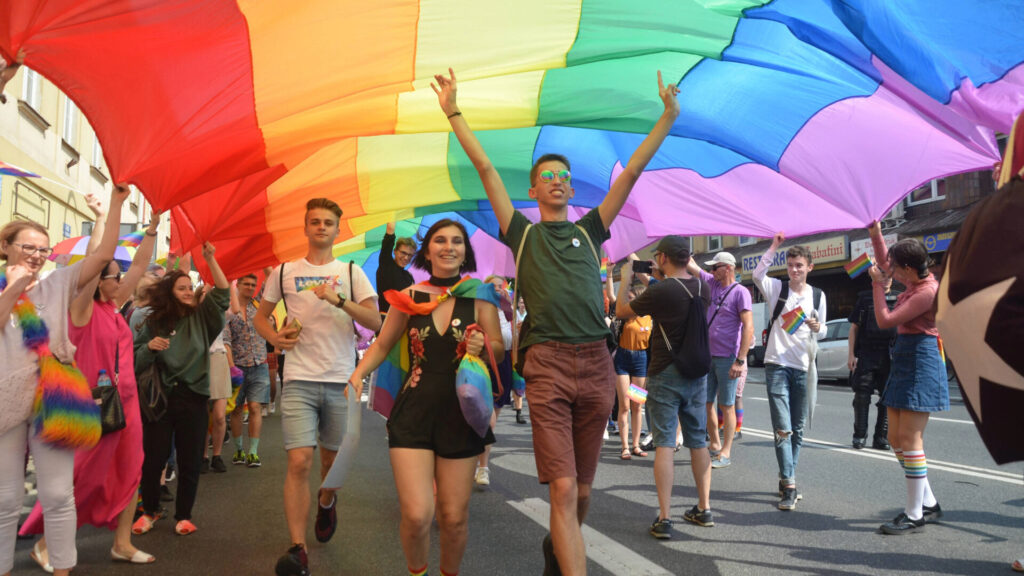
She essentially explained that the ruling defined discrimination based on gender identity or sexual orientation as protected speech instead of prohibited conduct. Her dissent was joined by Justices Ketanji Brown Jackson and Elena Kagan.
Sotomayor: Constitution ‘Contains No Right To Refuse Service To A Disfavored Group’
Justice Sotomayor wrote that the U.S Constitution “contains no right to refuse service to a disfavored group.” She also expressed that “LGBT people have existed for all of human history.”
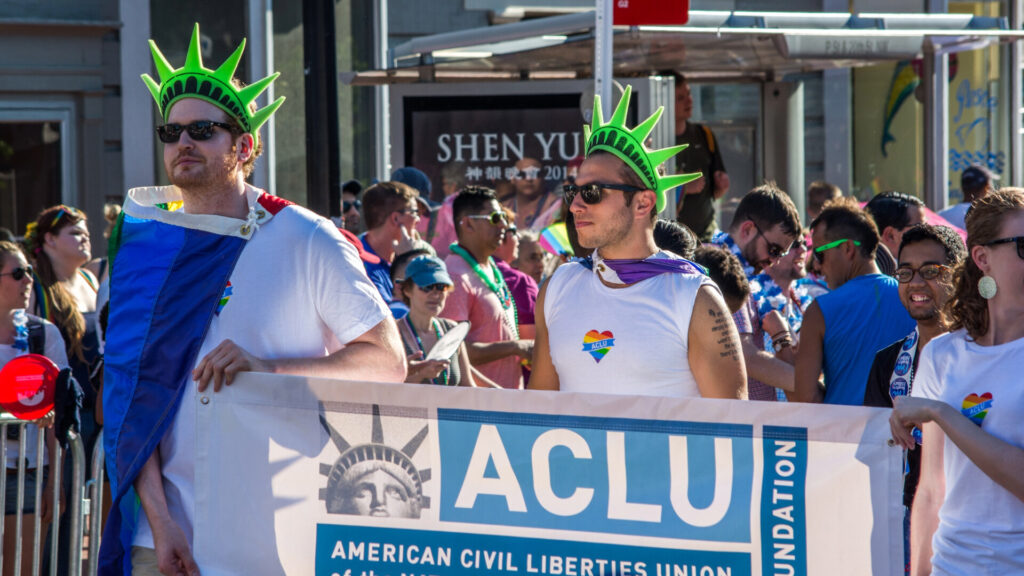
Sotomayor added that “as sure as they have existed, others have sought to deny their existing.” In addition, she believes that others have sought “to exclude them from public life.”
American Civil Liberties Union Denounced Supreme Court’s Order
The American Civil Liberties Union (ACLU) also denounced the decision made the Supreme Court as well. The organization made a joint statement with the ACLU of Idaho that initially acknowledged that the Court’s ruling did not “touch upon the constitutionality of this law.”

However, the statement also referenced that it was an “awful result for transgender youth and their families across the state.” The groups indicated that the ruling allows Iowa “to shut down the care that thousands of families rely on while sowing further confusion and disruption.”
Idaho’s Vulnerable Child Protection Act (HB 71) Was Signed By Governor Brad Little
Idaho’s Vulnerable Child Protection Act (also referred to as House Bill 71) was first signed by Governor Brad Little in 2023. The Republican governor wrote that “society plays a role in protecting minors from surgeries or treatments that can irreversibly damage their healthy bodies.”

He further stated that it was the role and responsibility of policymakers to exercise “great caution” regarding governmental intervention in parenting. According to Little, the caution should be exercised when “allowing the government to interfere with loving parents and their decisions about what is best for their children.”
Governor Little’s Office Created Automated Phone Tree System To Handle Votes
The high volume of phone calls received by Governor Little’s office regarding controversial HB 71 compelled them to consider a new approach to handling the communication and correspondence. They received the assistance of an IT firm to create an automated phone tree system that would capture the votes.

By doing so, the people were able to call in and have their votes recorded without any human intervention. This way, the office staff members were able to focus on other tasks and projects not related to HB 71.
Physicians Could Face 10-Year Prison Sentences By Offering Gender-Affirming Healthcare
According to the enforced law, physicians could face a lengthy prison sentence if they decide to continue offering gender-affirming health care treatments and prescriptions. Multiple reports confirm that physicians could face up to 10 years in prison as a result.

The ban specifically includes the use of hormones, puberty blockers, and any other type of gender-affirming treatment protocol or prescription. Prior versions of the legislation would have led to sentences that required convicted healthcare professionals to face the possibility of a life sentence.
AMA, APA Supports Gender-Affirming Care For The LGBTQ Community
The American Medical Association (AMA) and American Psychological Association (APA) showed support for the LGBTQ community in the past by promoting gender-affirming health care options. The APA adopted a landmark policy in February 2024 that supported this type of health care for nonbinary, gender, transgender, and diverse people.

The AMA mentioned on its website that it “supports everyone’s access to quality evidence-based health care regardless of gender or sexual orientation.” The AMA also confirmed that it works with state and federal agencies to expand the access to medical services for this community.





GIPHY App Key not set. Please check settings